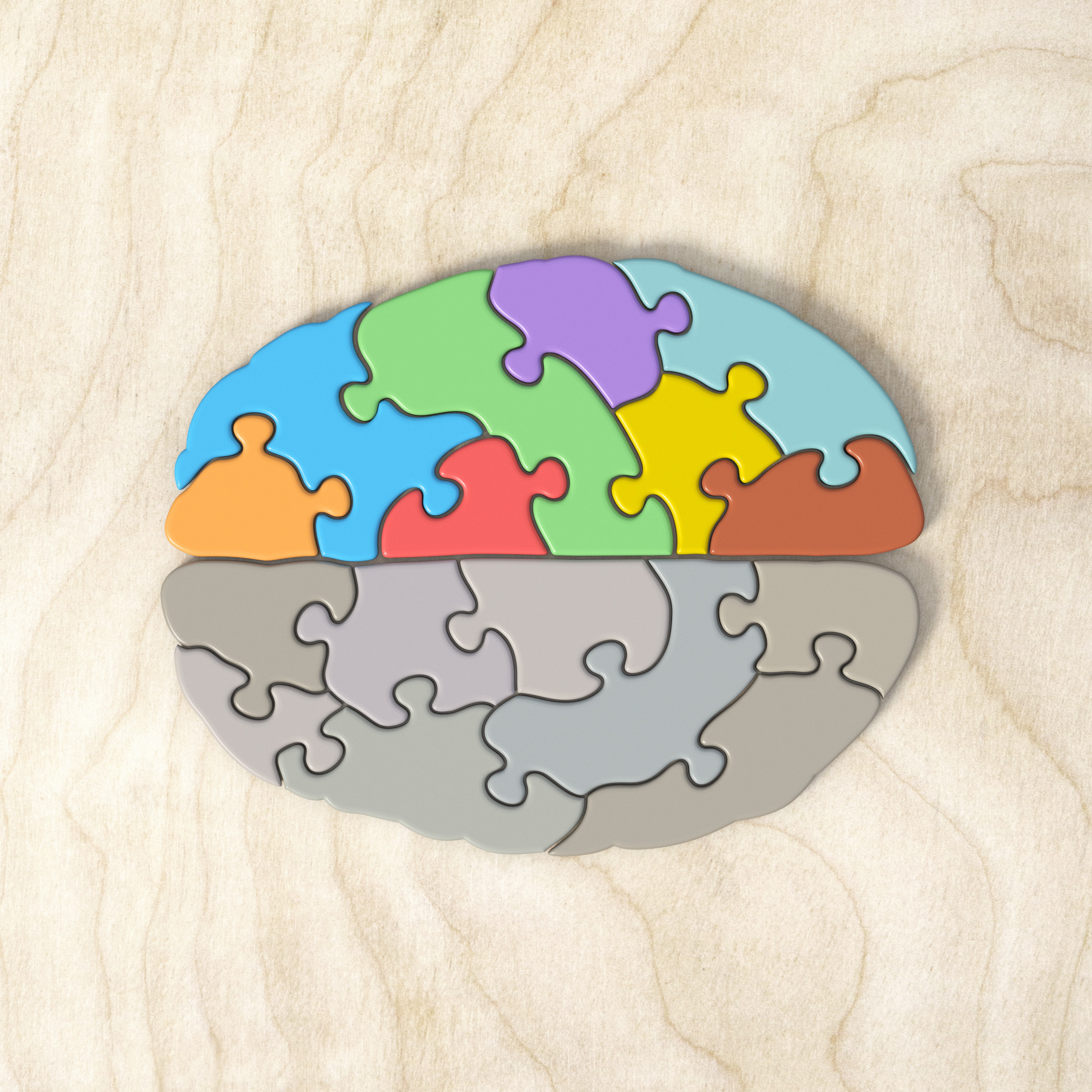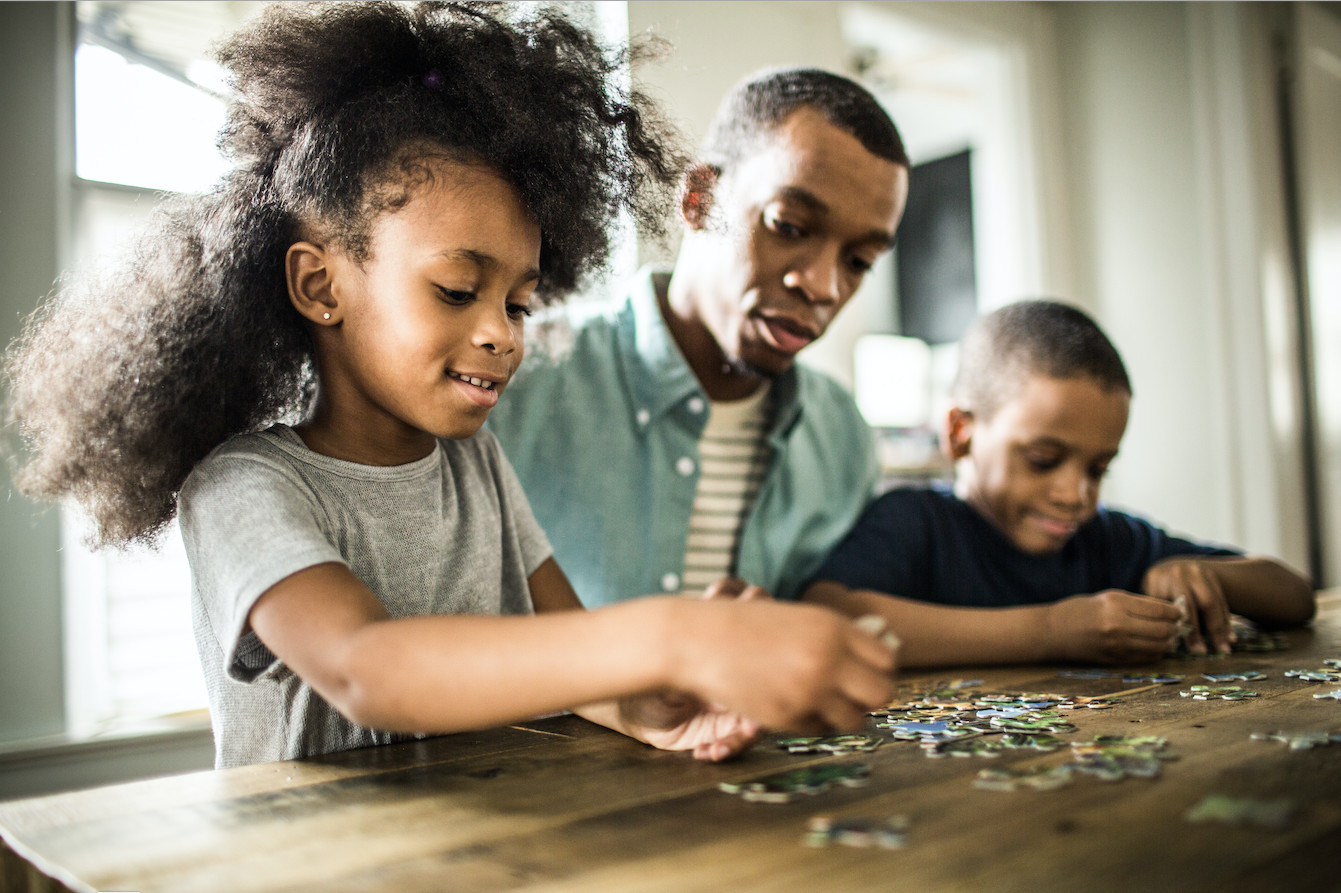
Business & Economics
The COVID-19 responsibility we all own

The profound changes in our lifestyle due to COVID-19 social distancing may require us to take more deliberate actions to exercise our thinking skills. Here are some tips
Published 8 April 2020
We’ve all heard the saying “use it or lose it”, a colloquial yet rather accurate illustration of how the brain changes over time, namely that our minds need exercise to remain sharp.
Scientists use the term “cognitive reserve” to describe the general tendency of our memory and thinking skills to be more resilient in people who routinely engage in cognitively challenging activities like education or learning new skills.

We usually get plenty of opportunities for cognitive challenges during work or social activities. The profound changes in our lifestyle due to COVID-19 social distancing are likely to require us to take more deliberate actions to exercise our thinking skills.
As scientists who usually study how to improve and maintain cognition in order to prevent cognitive decline, we came up with a few practical ideas for keeping your brain active at home.

Business & Economics
The COVID-19 responsibility we all own
We’ve chosen a range of activities for variety, but wouldn’t recommend one activity over another. Instead of prescribing a hard set of rules, we have summarised the principles that scientists usually consider when thinking about a more cognitively active lifestyle.
Most of the activities we carry out in our daily lives rely on a several brain or cognitive functions, including memory, language, planning and speed of processing among others.
A diversity of activities gives maximum opportunity to practice many important thinking skills. Crosswords puzzles, for example, may be great to train language and short-term memory, but why not play a game of Tetris for a bit of a speed workout?
Don’t set the bar too high and make sure you monitor your progress towards a goal. When you’ve achieved a goal or feel it’s time for a change, revise all or some of your goals to aim a bit higher. A goal could be time taken to complete a task, achieving a higher difficulty level or learning a new activity within a defined timeframe.

When setting your goals, try to define a few workout sessions every week. Our research has shown that it isn’t necessary to formally exercise the brain every day. Instead, it seems much better to set a ‘brain workout’ session of 30-60 minutes every other day and try to keep the workout constant during that time. Think of it as taking your brain to the gym.
When completing a session or a specific activity, try and reflect on the specific thinking skills that you have practiced during the task, and try and think of how these abilities are put into action when you perform your daily activities. This may help the process of gains made during a formal workout to be transferred to other activities.

Health & Medicine
What is COVID-19 doing to our mental health?
The more challenging the activity, the more likely it is to sharpen underlying cognitive ability. Yet sometimes we simply can’t meet our goals, either because we’ve set the bar too high or due to objective barriers beyond our control. When this happens, it is critical to reflect on your barriers and plan a way to overcome them instead of giving up.
We find that people find it extremely challenging to adhere to a schedule of activities. Can you make a list of possible ways to counter those barriers? For example, do you get easily distracted by other people in the house?
Try talking to them about taking 30 minutes to yourself in a separate room, and that you request not to be interrupted. Leave your phone in the other room and turn off notifications on your computer.
Similar to physical exercise, cognitive training may work even better when done with other people. This is not only more enjoyable but may also increase our level of effort, but also helps with overcoming barriers such as scheduling and boredom.
Can you engage in cognitive activities together with someone at home? If not, try to team up with a friend over video chat or the phone.

Returning to the ‘brain gym’ analogy, think of it as if you were doing a workout together. Strategies for working together include competitions (perhaps with leader boards), peer-to-peer video games over the internet and timing each other, among many other ideas.
Several commercial cognitive training products have shown benefits in scientific studies. These provide exercises that target different cognitive domains and thus may provide a ‘balanced diet’ of cognitive activities.
Not all programs on the market have been put to the test in scientific studies, but those who did and show some potential include BrainHQ, HappyNeuron and CogniFit.

Sciences & Technology
What are kids getting out of playing Minecraft?
When looking at the possibility of using commercial brain training products, it is important to watch out for unsubstantiated and exaggerated claims about the benefits of these programs. In particular, we still don’t know who might benefit, what settings are needed to induce meaningful outcomes and whether brain training can prevent cognitive decline or dementia.
Action video games such as first-person shooters or Super Mario can be good ways to train alertness, speed and navigation skills
Computer games that require strategic thinking such as Sims or Minecraft require a good amount of planning and logical thinking
Scrabble-like games like Words with Friends can be played with other people and are free for iOS (iPhone, iPad) and Android
Audiobooks and podcasts aren’t only a pure joy but can also sharpen our listening and attention skills. Research has found that performing mental tasks during physical exercise may enhance cognitive benefits. If you have exercise equipment at home, why not try listening to a book during your cardio or weights workout?

In addition to dedicating blocks of time for formal training, look for ways to focus on specific abilities like memory and attention in the course of doing your routine day to day tasks. For example,
When following a recipe to make a meal, you can try and keep in mind 3-4 steps in advance, and if successful, increase the demand on your memory to 4-5 steps. See if you can say out loud as many of the list of ingredients after a single look at the list.
When folding the washing, try and sort the clothes into piles by type as quickly as possible, and so on.
In response to social isolation measures people have been quick to come up with ways to keep to a physical exercise routine, but it’s important to remember that your mind needs exercise as well.
Banner: Getty Images